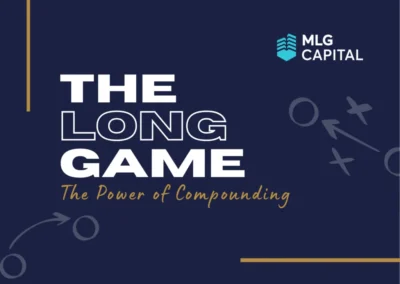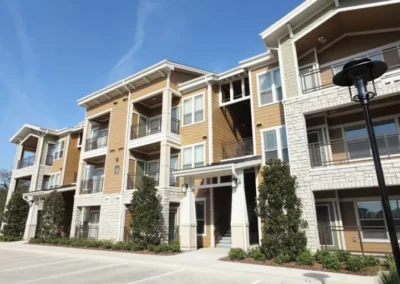In part one of this series, we outlined questions regarding the overall strategy of an investment in private real estate. Now, let’s focus on the structure. These questions will help you understand how the investment works and the impact it can have on your investment returns.
- How Does the Investor Get Paid?
It’s easy to get excited about an investment based on the targeted return, but it’s critical to dive in and understand the mechanics of how investors will be paid from the profits of the investment. Most structures distribute returns based on some sort of tiered waterfall system, which we will explore further below. Generally speaking, investors should seek to be compensated first and allow the sponsor to participate in the upside.
Most times, after fees are paid, the first obligation of the sponsor is to give investors a preferred rate of return; said differently, 100% of the cash flow from the investment until investors have achieved a certain rate of return. The higher the preferred return rate, the better for the investor, as they have a priority on the cash flow until that rate of return is achieved.
Investors should also seek for their preferred return (“pref”) to be accruing and compounding, meaning that if the sponsor does not pay the full preferred return in a given distribution, the unpaid portion accrues and earns compound interest until the investor is made current on any unpaid pref. We generally see market preferred return rates ranging from 6-10%, but structures can always vary.
After investors have been paid their preferred return, sponsors are able to share in the profits of the investment. We see all different kinds of splits, ranging from 90/10 (in favor of the investor), down to 50/50. Of course, investors should target the most favorable split they can, but it’s also important to take note of the timing in which the sponsor is paid. Some structures require that before the sponsor can reach their hand in the pot, they must first pay back 100% of the investor’s original capital. This is called the European Waterfall – you can read more about it here. By contrast, the American Waterfall allows sponsors to pull out their piece of the profit prior to returning investor capital, which is less favorable for the investors.
- How Frequent Will I Receive My Return and/or Distributions?
Framing expectations on when and how much cash will be received is another important piece of making an investment in real estate. Many investments will make monthly, quarterly, or annual distributions, but that’s not always the case.
For example, if an investor is going into a development deal, there could be a period of time where no distributions are received. This can be a great set-up for investors who don’t need any current cashflow, but it likely would not be a good option for those looking to cover a portion of their living expenses with the passive income stream. Make sure that the distribution timeline works with your objectives for the investment.
- What Are the Fees Charged/Associated with This Investment?
Along with the carried interest (or “promote”) provided to the sponsor in terms of the investment, there may be other fees charged by the sponsor for managing the partnership. These fees can eat into your total returns, as the sponsor or fund is generating income (in the form of management fees, etc.) that are not tied to the performance of the investment.
Be aware of these fees and their impact before committing capital. Additional questions to ask:
- Does the sponsor or fund charge administrative fees to their investors?
- Are there capital origination fees?
- When are fees paid?
- Are the fees on invested equity, asset value, or something else?
Strategy and structure are the nuts and bolts of a real estate investment. In the next part of this series, let’s talk about partners and relationship. More specifically, let’s understand what questions to ask when discussing an investment with a manager.
Nathan Clayberg is a VP at MLG Capital, splitting his time between working with investors and chasing joint venture acquisitions in the Midwest. Outside of work, Nathan cherishes time with friends and family and enjoys working on his own real estate portfolio.
This blog and associated materials are being presented for informational purposes only and is not an offer to sell interests in a security. A private real estate investment is subject to risks and uncertainty many of which are not outlined herein including, without limitation, risks involved in the real estate industry such as market, operational, interest rate, occupancy, inflationary, natural disasters, capitalization rate, regulatory, tax and other risks which may or may not be able to be identified at this time and may result in actual results differing from expected. Private investments are highly speculative, illiquid, may involve a complete loss of capital, and are not suitable for all investors. Prospective investors should conduct their own due diligence and are encouraged to consult with a financial advisor, attorney, accountant, and any other professional that can help them to understand and assess the risks associated with any investment opportunity.
Past performance is not indicative of future results. Securities offered through North Capital Private Securities, member FINRA/SIPC. Advisory services offered through MLG Fund Manager LLC, an investment adviser registered with U.S. Securities & Exchange Commission.


